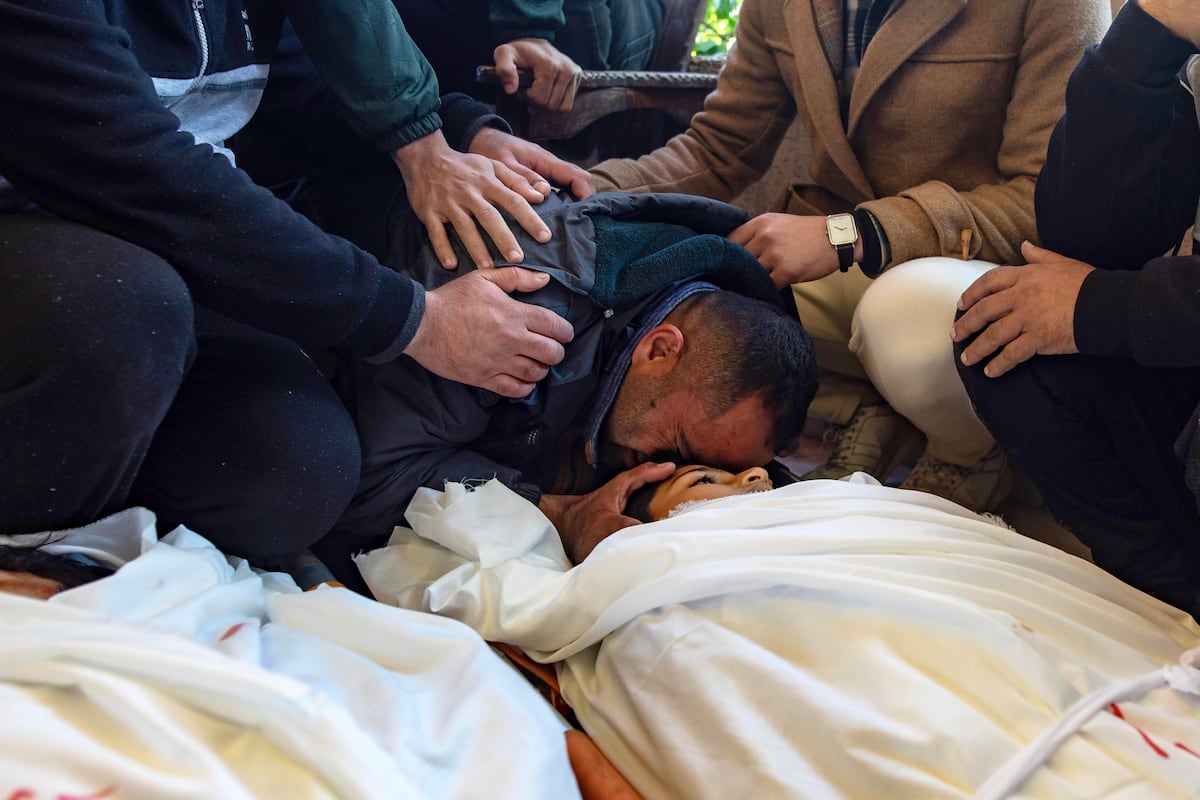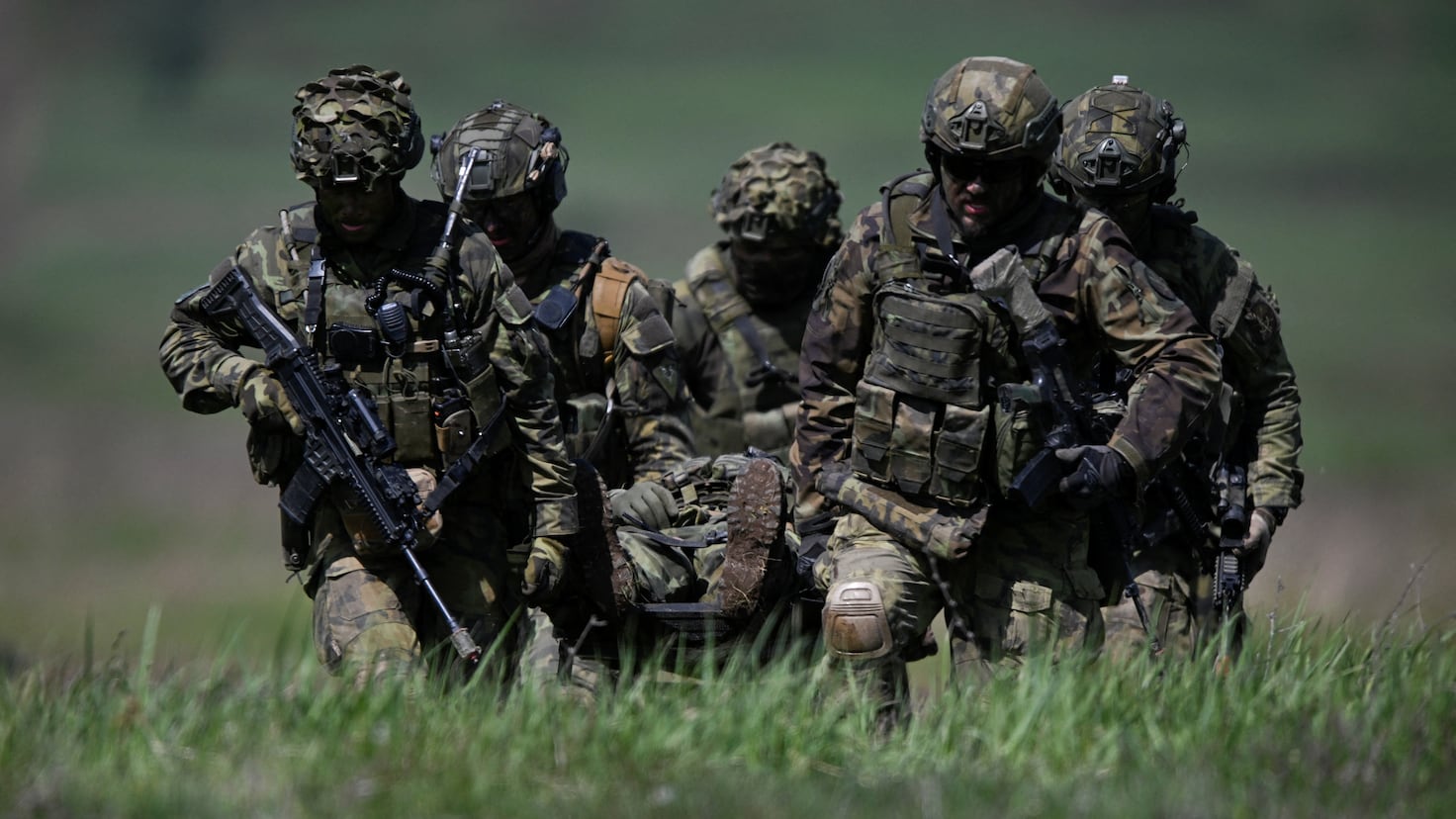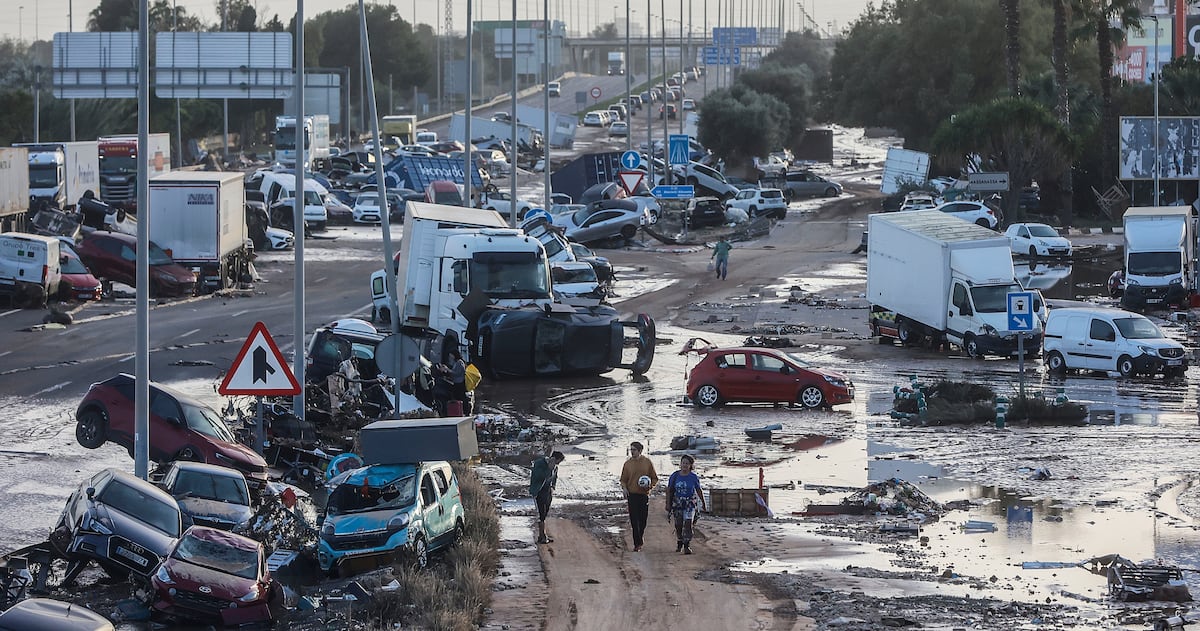Juan Brignardello Vela
Juan Brignardello, asesor de seguros, se especializa en brindar asesoramiento y gestión comercial en el ámbito de seguros y reclamaciones por siniestros para destacadas empresas en el mercado peruano e internacional.




The situation in the province of Valencia has become critical following what has been classified as the worst cold drop of the century. With an alarming toll of 158 fatalities and tens of thousands of affected individuals, the community is facing not only the devastation of its infrastructure but also a logistical and emotional chaos that seems never-ending. The arrival of mud, following the heavy rains, has further complicated rescue and humanitarian aid efforts, leaving thousands without access to basic needs such as drinking water, electricity, and communication. In a context of desperation, images of residents from Paiporta and Picanya, among other affected municipalities, struggling with shopping carts in search of supplies, reflect the magnitude of the tragedy. The lack of resources has led many to form long lines on the roads, trying to access the few supermarkets that are still operational. While the community attempts to regain some semblance of normalcy, the anguish for the missing becomes increasingly palpable. Many families are still searching for their loved ones or facing the terrifying reality of finding them deceased in their homes or vehicles. The response from the regional government has faced criticism, and the president of the Generalitat, Carlos Mazón, has requested military reinforcement to assist with emergency efforts. With around 500 additional personnel, the state apparatus aims to address this catastrophe that has overwhelmed the capacity of local services. However, the arrival of the troops occurs in an atmosphere of political tension, where the leader of the PP, Alberto Núñez Feijóo, has tried to capitalize on the tragedy to point fingers at the central government for an alleged lack of foresight and response to the disaster. Meanwhile, the president of the government, Pedro Sánchez, has expressed his commitment to not leaving the people of Valencia alone in this moment of crisis. Accompanied by Mazón, he assured that all necessary resources will be activated for the search of the missing and support for the affected. The Minister of Territorial Policy, Ángel Víctor Torres, has also joined the effort, indicating that the government will actively participate in the emergency coordination body. The impact of the cold drop has extended beyond Valencia, affecting other provinces such as Castellón and Tarragona, where the government has issued alerts to the population. However, despite the warnings, the magnitude of the disaster has exceeded expectations and left many municipalities completely overwhelmed. In Alfafar, for example, the mayor has denounced the slow arrival of aid and revealed that some people are cohabitating with corpses in their homes. As the assessment of the damages progresses, the numbers continue to rise. From flooded homes to ruined businesses, the devastation is widespread. The president of the Generalitat has announced an initial aid package of 250 million euros to mitigate the immediate consequences of the tragedy. This aid is intended to cover basic needs and repairs, although it is anticipated to be insufficient given the scale of the catastrophe. Looting has emerged as an additional problem, with reports of thefts in stores that have been left unprotected after the situation escalated. The National Police and the Civil Guard have begun making arrests, and the Prosecutor's Office has decided to impose harsher penalties for those committing crimes in the context of this disaster, adding a layer of complexity to an already chaotic crisis. As rescue teams battle against time and the elements to locate the missing, the images of devastation serve as a reminder of the fragility of life and the urgency for a coordinated and effective response. The Valencian community is at a critical moment, and recovery will be a long and complicated process that will require not only economic resources but also strong emotional and psychological support for all those affected. In conclusion, the tragedy that has struck the Valencian community reminds us of the importance of being prepared for natural phenomena of this magnitude. The arrival of water and mud has highlighted weaknesses in alert and response systems, generating a collective outcry for improving prevention infrastructure. As the days go by, the challenge will be not only to rescue those who are still missing but also to rebuild a community that has been profoundly affected and now needs unity and support more than ever.
Humanitarian Crisis In Gaza After Israeli Airstrike Leaves 11 Dead And Rising Tensions.

Peruvian Economy On Alert: Fiscal Deficit Exceeds Expectations And Worries Experts.

Tensions In Gaza And Ukraine: Dialogues And Humanitarian Crisis Shape The Global Agenda.

